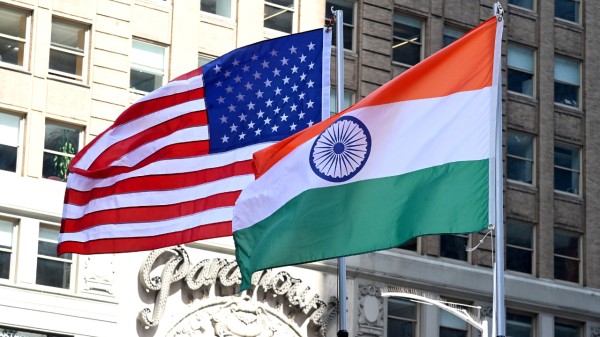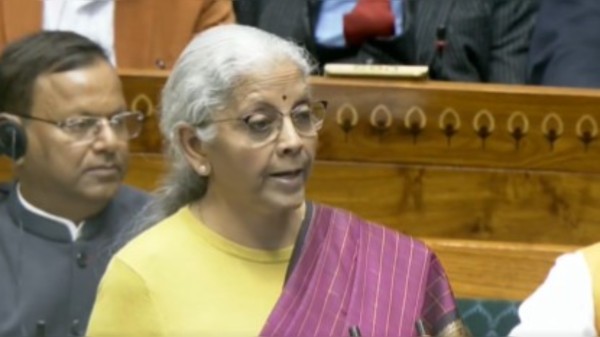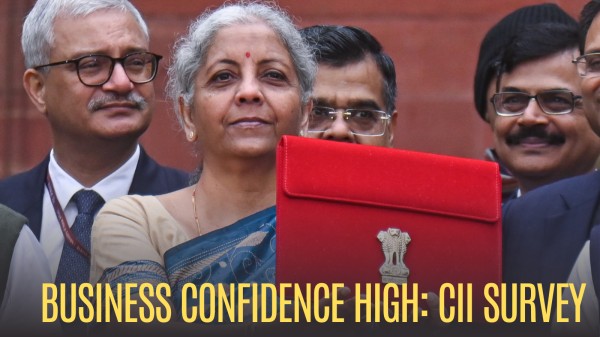

By signing in or creating an account, you agree with Associated Broadcasting Company's Terms & Conditions and Privacy Policy.


By signing in or creating an account, you agree with Associated Broadcasting Company's Terms & Conditions and Privacy Policy.

Kolkata: For any consumer the ultimate delight consists in not being taxed at all. There are quite a few items that have fallen from the 5% slab and have become tax free. In other words, those consumers who spend a relatively higher amount regularly on these items stand to gain the most. Fortunately, these are items from the essential categories such as food and grocery, medicines, insurance premium and supplies required in the education sector. There are some items defence sector too.
The sectors where these items are distributed are food and grocery, education and stationery, medicines and healthcare, insurance premium, defence and aviation. Let's have a look at the individual items in these fields.
Food items: UHT milk, pre-packaged chena/paneer, chapati, roti, paratha, parotta, khakhra, pizza bread. (By the way, ultra-high temperature, or UHT milk, is ultra-pasteurised milk that are packed in sterilsed containers which we use in our daily lives.)
Insurance premiums: All individual health and life insurance policies including reinsurance have been exempted from GST totally.
Education and Stationery: Exercise books, graph books, lab notebooks, uncoated paper for notebooks, maps, atlas, globes, pencil sharpeners, erasers, pencils, crayons, pastels, drawing charcoals, tailor's chalk. Handmade paper and paperboard are also included in this relief.
Defence and Aviation: Flight and target simulators, defence sub-assemblies. drones, unmanned vessels, missiles, rockets, ejection seats. C-130/C-295MW aircraft etc
Apart from Defence and Aviation, all other sectors are regularly used by almost all households of the country. Therefore, the benefits will accrue to millions. Obviously the benefit will fully come to the common people if the companies pass on the benefit to the consumer. The hope is, the force of competition will operate towards this end and if one company in any sector passes on the GST reductions fully to the consumer, other firms will feel the heat to do so.
Policymakers of the country hope that the drop in prices will help the common people to consume more that will eventually generate more revenue for the public exchequer. The government has made a sacrifice of about Rs 93,000 crore but hopes that the eventual revenue and GDP growth gains will be significantly more. While past experiences with the GST -- albeit on a smaller scale -- shows the same trend, it is also the universal pattern that cheaper prices spur consumption. The hope is higher consumption will lead to faster growth, which will lead to employment generation. The objective behind the income tax reliefs from this year and Repo rate cuts by the Reserve Bank of India are broadly the same. A bountiful south west monsoon is also here to help.












